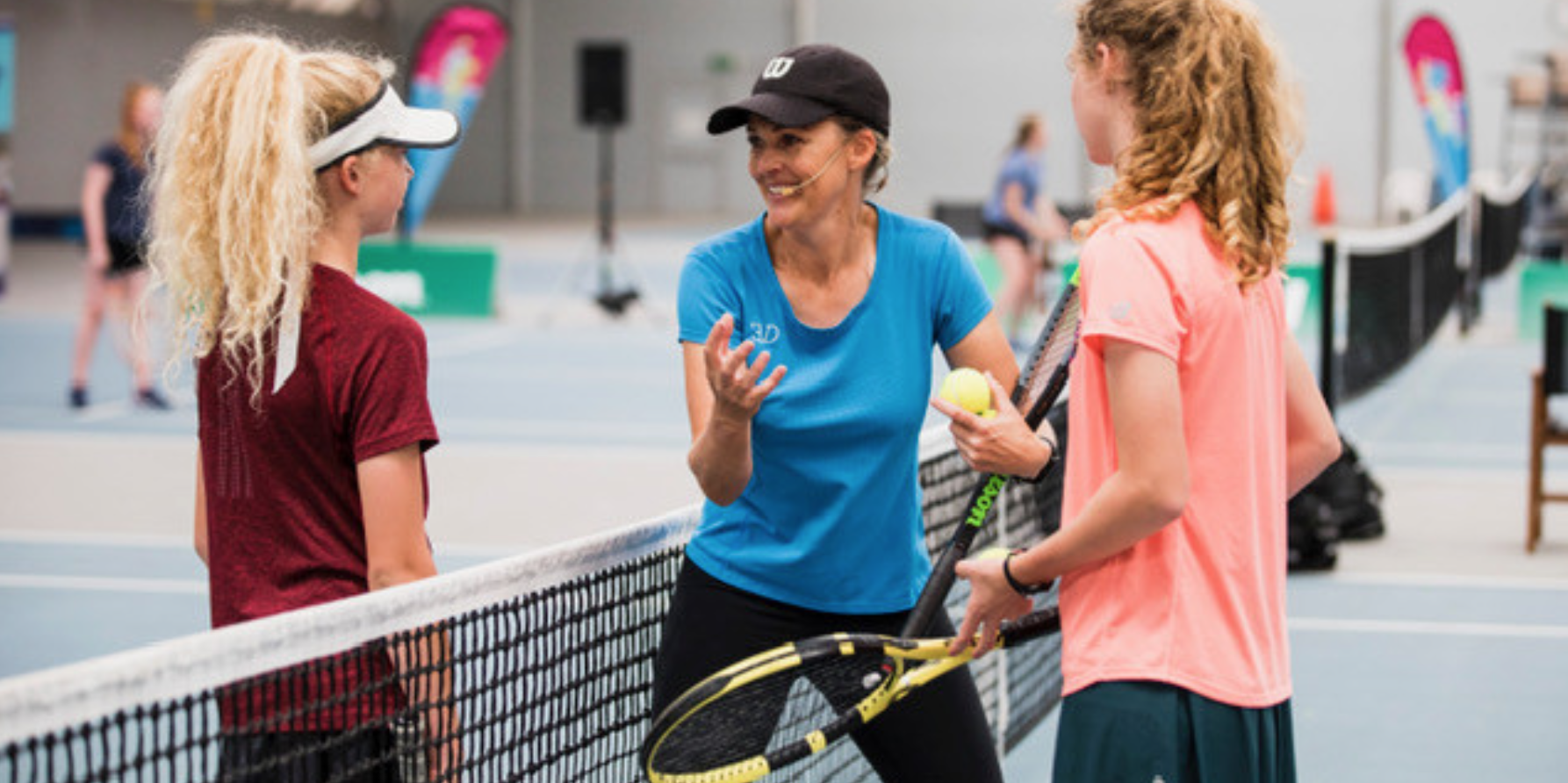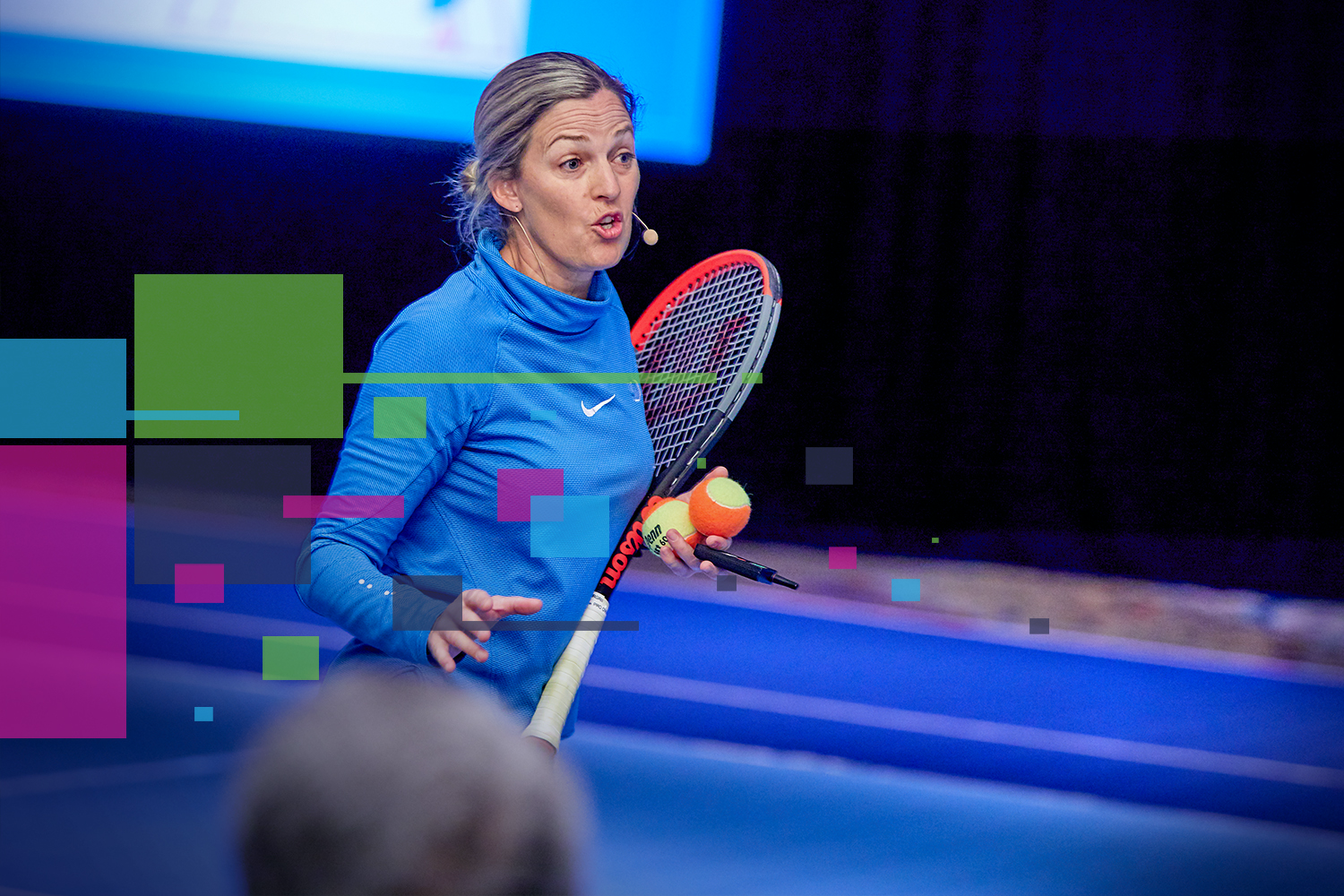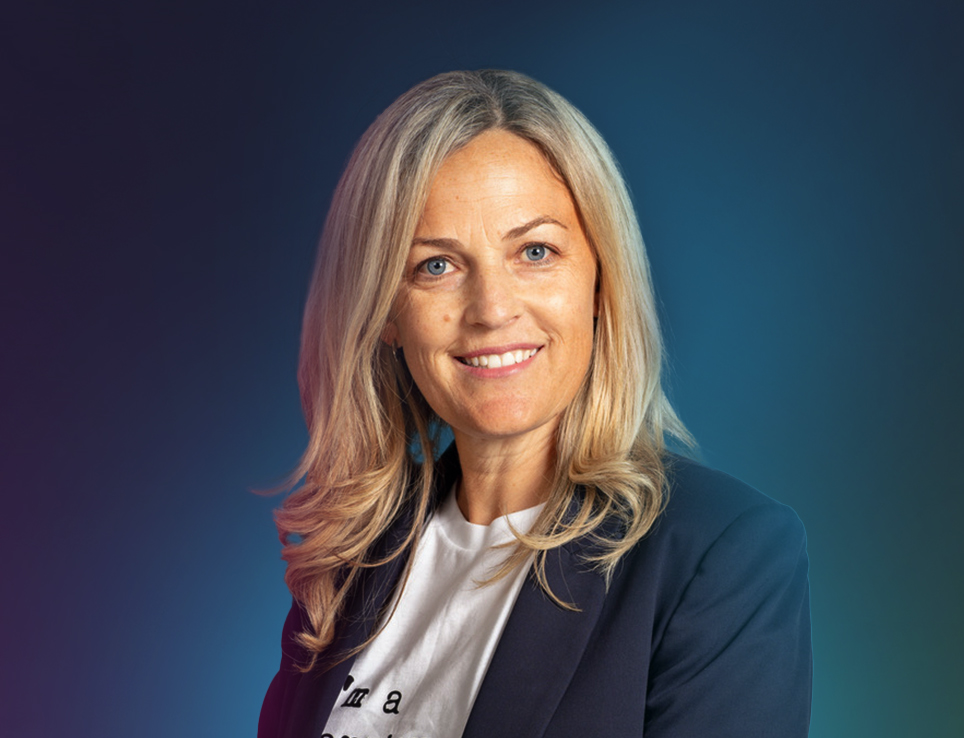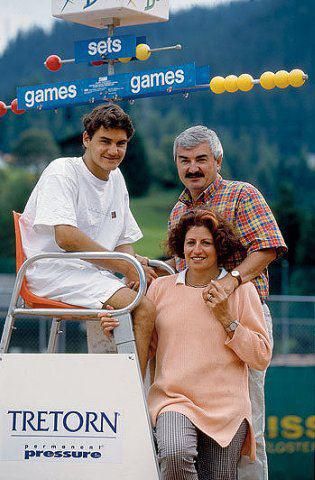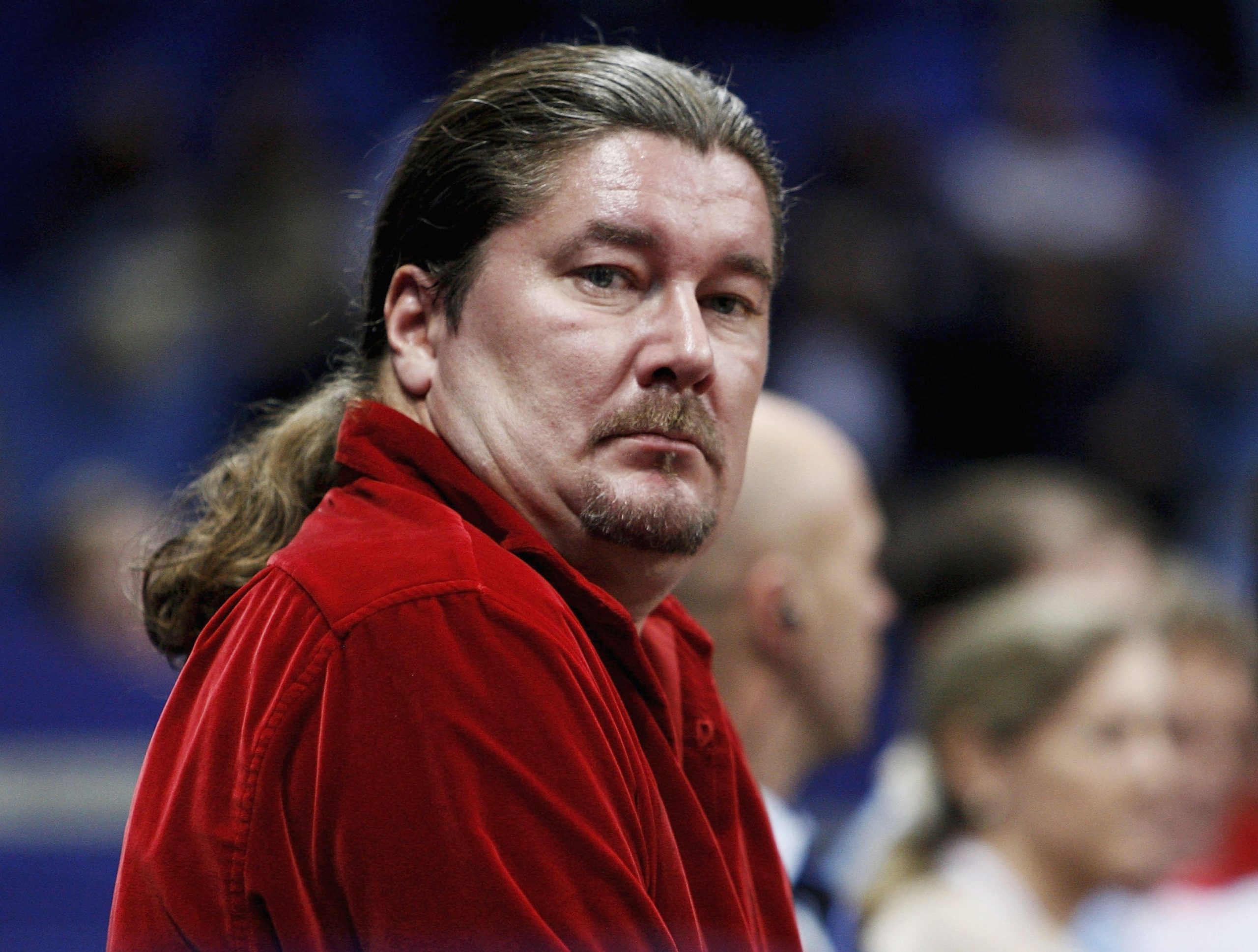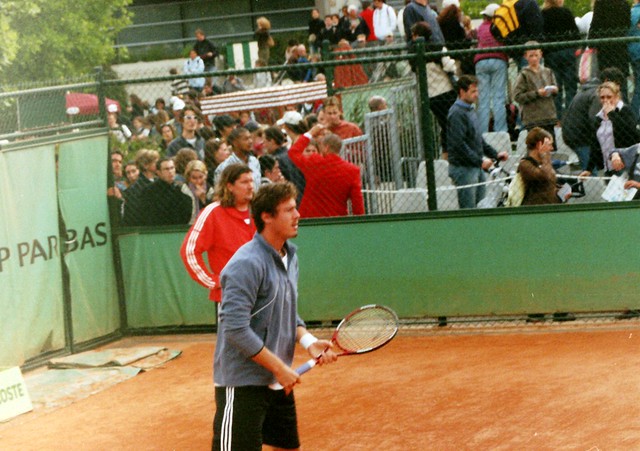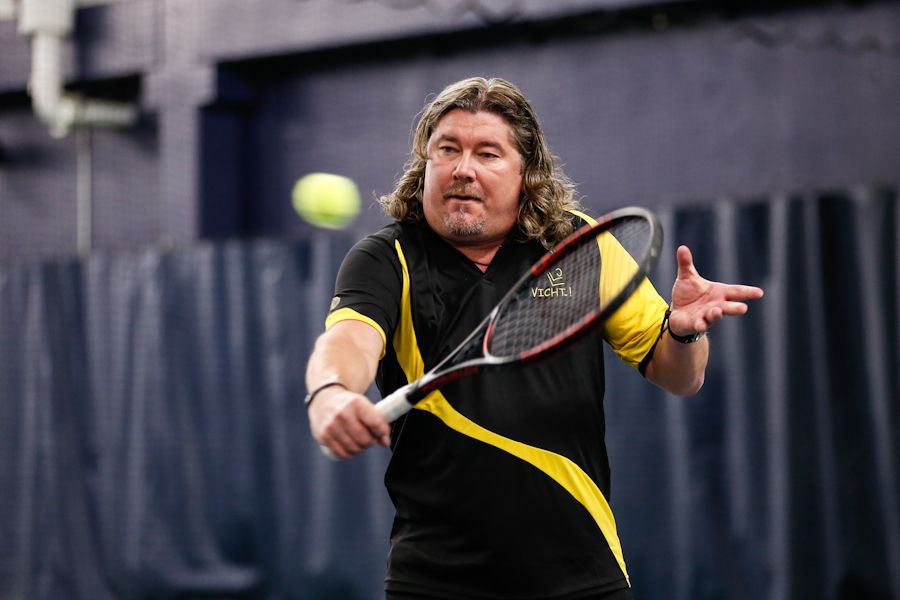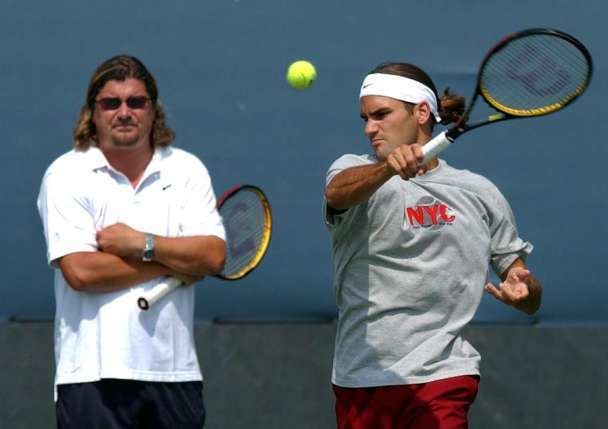There’s a great coachable moment
You may say “Hey, next time you get that same ball, what’s one word or one feeling that helps to get extra height or help you get the spin that you needed to create?”
And
“Can you summarize that in one word or one feeling?”
and
“Can you tell me in your own words exactly, precisely or specifically?”
I (Emma) love those words because when a player walks out onto the court and you ask, what are your strengths? And they say: “Oh, I don’t know, forehand or something like that”.
That typical teenager 12 to 15 age sort of response. Whereas if you say, can you tell me what specifically about your forehand makes it a weapon for you, then they’ve got to peel back the layers of the onion or you as the coach, you keep asking that question to peel back and get to the core of what the forehand does. When I move around and hit my insideout forehand with shape, what it does is it pushes the other player off the court and then it creates that opportunity for me to transition to the net. For example, if that’s my style of play.
